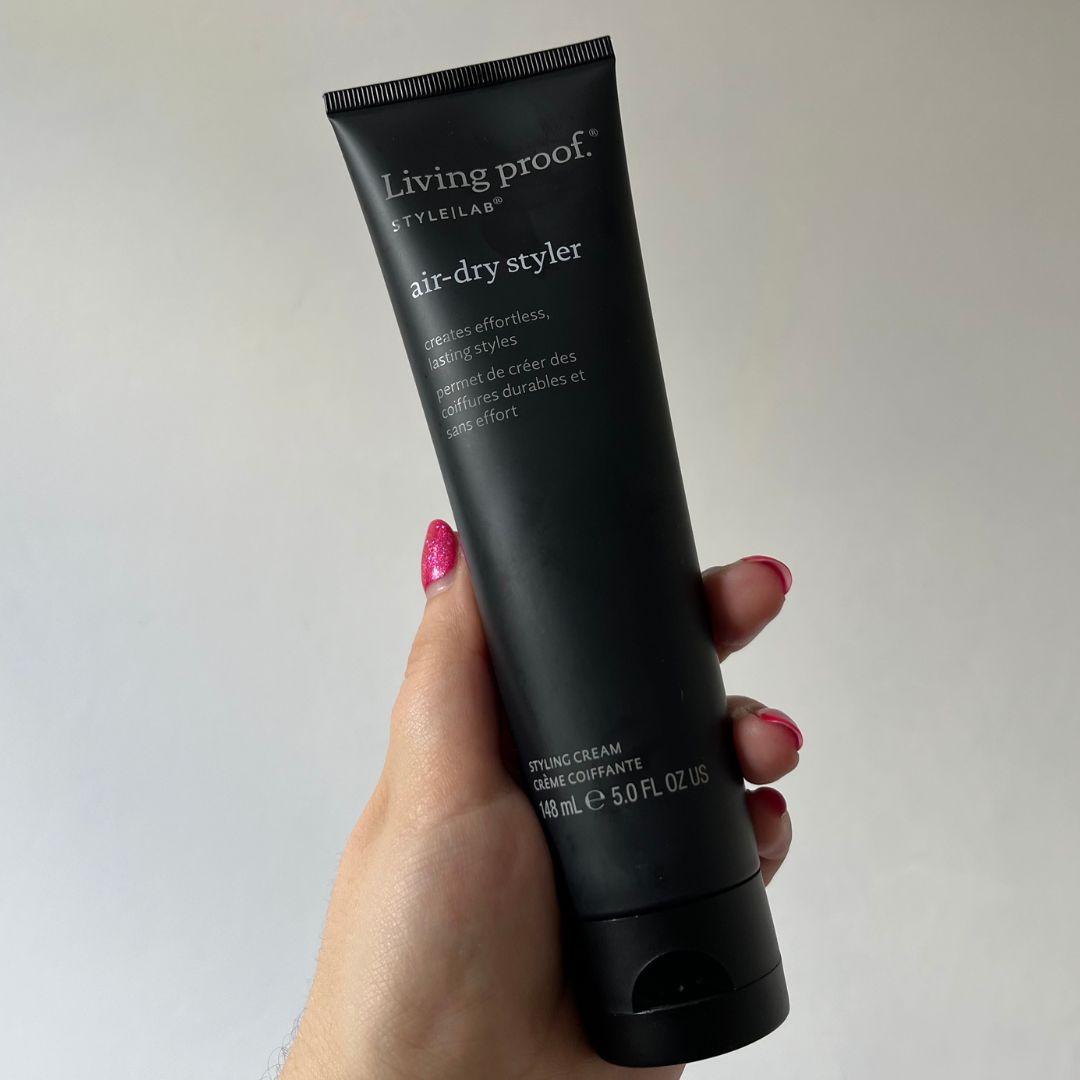I started journaling for anxiety and it dramatically improved my mental health
Plus, scroll a clinical psychologist's tips on how to try it for yourself.


Journaling for anxiety has been part of my self-care routine for years. On those evenings when everything feels a little overwhelming and the work emails don't stop, putting pen to paper and scribbling down all the happenings from my day soothes most anxious thoughts.
I've found journaling for anxiety to help with my anxiety symptoms and stress right away - not to mention it's certainly stopped an anxiety attack or two in its tracks.
I'm not alone in feeling more worried than ever. This Mental Health Awareness month, the Mental Health Foundation has reported that as a population, the UK is experiencing more stress, anxiety and general hopelessness than in previous years. Stats from Kalms also show that 1 in 5 Brits feel their mental health and well-being have declined.
That's where journaling for anxiety comes in - and while it can be difficult to differentiate between stress vs anxiety, it can be a handy tool for working through your emotions.
While journaling can't replace a professional, one landmark study from StoryTerrace found that 22% of the nation finds journaling to be the most beneficial aid to their mental health and a further 31% feel more comfortable writing about their mental health experiences than talking about them.
Finding it difficult to talk about my anxiety is what encouraged me to start journaling for anxiety - but don't just take my word for it. Below, top experts share their take, plus I detail my own journey with journaling for anxiety.
Journaling for anxiety: your guide
What is journaling for anxiety?
In short, it's the practice of writing down your thoughts to alleviate your anxiety symptoms. Daunted already? Don't be - it doesn't need to be essay-length, but rather the practice of jotting down any thoughts and feelings that have consumed your mind.
Marie Claire Newsletter
Celebrity news, beauty, fashion advice, and fascinating features, delivered straight to your inbox!
Whether you prefer to handwrite it or type it out on your laptop, scribbling down your thoughts in the morning or just before bed, finding a way that works for you and your writing style is key.
I personally opt for writing in my journal just before bed, and I usually write down everything that happened during the day. That way, it's a keepsake to look back on, and the fact that it's also beneficial to my mental health is an added bonus.
Not sure where to start or mind go blank when you try? Our prompts below will help.

Journaling for anxiety benefits
If you've experienced anxiety, you know it can feel both physical and psychological - think shortness of breath, shaking and restlessness, alongside a racing mind with 101 worries you feel unable to shake.
But according to Jasmine Eskenzi, founder of mental health app The Zensory, journaling through those feelings can have a myriad of benefits. "When you’re feeling anxious, a lot of things can feel out of control. By taking time out of your day to process these emotions and dedicate time to dealing with them, you are taking control of your feelings," she explains.
"In a similar way to saying affirmations, journaling can force your brain to think differently and, hopefully, more positively. This is a great way to practise self-care," Eskenzi continues.
It's important to note here: as with all self-care ideas and mental health coping mechanisms, what's key is working out what works for you. Some who aren't so keen on words might choose drawing, doodling or painting instead - which can all be just as beneficial, shares the expert. Essentially, being creative is key - the same research above found that releasing your inner creativity can not only increase positive emotions, but reduce stress, anxiety, and symptoms of depression, too.
Journaling for anxiety prompts
Of course, many people simply freestyle when it comes to their journaling, but if you are giving it a go for the first time or simply short on brain space that day, it can be useful to have some pointers to hand.
1.Identify what's been causing you stress
Clinical psychologist Dr Julie Smith suggests that you start by identifying the situation that's been causing you stress and write down any words you associate with that feeling.
Then, take a moment to look down at the page, not with judgement, but with curiosity, she continues. "For each of those thoughts that you’ve written down, take some time to notice the feelings that come up for you when you spend time with that thought. How does it make you feel? Make a decision about what you would like to do with the page of thoughts - whether you would like to destroy it, or keep it to reflect on later."
2. Ask yourself what you're grateful for today
One of the simplest journaling prompts in the book, and an easy way to reframe a negative mindset is reminding yourself of what you're grateful for, shares Eskenzi.
Even on the worst days, you can find things to be grateful for, whether it's running water or a roof over your head. This often helps to put your worries into perspective and will highlight the bigger picture.

3. Ask yourself what you're afraid of
If you think tackling the worry head on may be more beneficial for you, Eskenzi suggests writing down what, exactly, you might be afraid of - whether that's rejection, failure, or loneliness.
Then, try and find some simple ways to overcome these fears - for example, repeating positive mantras.
4. Ask how you're feeling right now
Often, we're so wrapped up in the past or the future, we forget to reflect on how we're feeling in the present moment, which is key to general wellbeing.
A common journaling prompt is a simple question: how are you feeling right now? "It;'s important to check in with both your mind and body, as well as what makes you happy," shares the expert
"How journaling for anxiety has seriously helped my mental health"
I speak to a therapist weekly about my anxiety, and when I struggled to express how I feel, she suggest journaling. Since then, I've written something down every evening. I was writing even before she suggested it but assumed this was simply because of my love of the written word (you don't choose an English Literature degree just for the fun of it).
Sharing in further detail last month that writing down how I was feeling was likely relieving a lot of the anxiety I was feeling, my therapist also explained that it's likely been helping my sleep quality, too.
Lots of people who struggle with their mental health can find it difficult to drift off. But journaling has been found to help, the theory being that writing down a list of all the things that are on your mind - whether it be that message you forgot to reply to or forward planning for the next day - will make it feel less heavy.
It's certainly worked for me - when I look at my journal in the morning now, I normally realise that none of my worries warranted a sleepless night in the first place. Reading it back to myself, I can also notice where I may have been catastrophising or seeing things in a negative light.
Each night I cosy up with my weighted blanket for anxiety, have my favourite essential oils for anxiety diffusing around me and write down all the happenings of my day - the good and bad.
Added bonus: going through some of my journal musings with my therapist was a great way to work through more coping skills for anxiety and recognise triggers.
Disclaimer here: it won't work for everyone and it's always best to seek professional help, as a therapist will likely point you in this direction, alongside other handy tools (check out how to find a therapist, while you're here). That said, it's definitely worth a go. So - will you be giving it a try?
Dionne Brighton is a writer at Marie Claire UK, specialising in all things shopping, beauty and fashion. Born and raised in North London, she studied Literature at the University of East Anglia before taking the leap into journalism. These days, you can find her testing out the latest TikTok beauty trends or finding out what the next full Moon means.
-
 Jonathan Anderson is going to Dior Men
Jonathan Anderson is going to Dior MenHis debut collection will be this June
By Mischa Anouk Smith
-
 I'm a 2025 bride and these are the best affordable wedding dresses I've found
I'm a 2025 bride and these are the best affordable wedding dresses I've foundLess than £1,000 but still the height of chic
By Sofia Piza
-
 I haven't worn my hair completely natural for years, but this air-dry styling cream has made me love my waves again
I haven't worn my hair completely natural for years, but this air-dry styling cream has made me love my waves againI will never be without this
By Amelia Yeomans